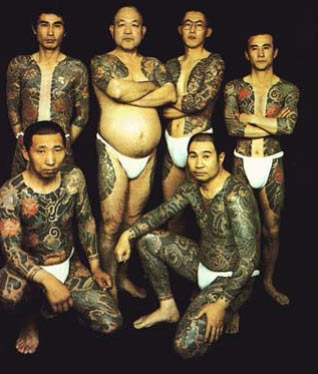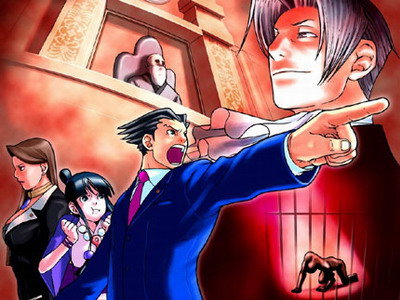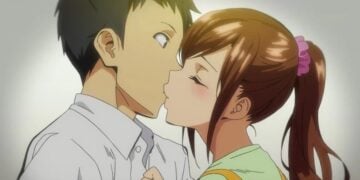Like most countries, Japan has its unsavory elements, including organized crime. Japan’s version of the Italian mafia are the yakuza (YAH-koo-za), a name which literally means “8 9 3” and refers to a losing hand in a traditional Japanese card game. The yakuza have almost four hundred years of history dating from the Edo Period, when the nation was closed off to outside influence and able to grow free of the wars that had plagued previous eras. While yakuza gangsters have been seen as defenders of the weak in popular lore, in reality they’re very smart criminals with excellent organizational skills who operate various businesses, from illegal high-interest loans to shady drinking establishments in Tokyo’s Kabuki-cho district where simply sitting down can expose you to an exorbitant fees. Yakuza are famous for their incredible full-body tattoos, a popular art form in Japan, and I’ve certainly seen more than my share of these, despite the “no tattoos allowed” sign. Although yakuza are gangsters, they’re usually very polite, and it’s considered good form for a well-connected person to have a few yakuza friends, just in case you ever need them. Yakuza are often associated with Japan’s famously loud right-wingers who drive around in huge trucks blasting World War II era songs and, occasionally, the theme from the classic anime Space Cruiser Yamato. There’s a whole subset of the Japanese language used by these gangsters, and part of the fun of living in Japan as a foreigner is seeing how good I can get at speaking the dialect.
















